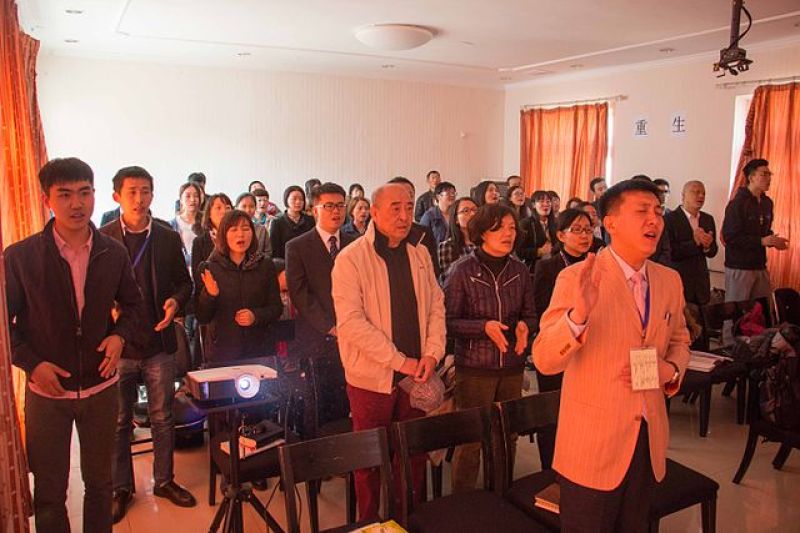
Chinese authorities in the eastern province of Zhejiang have banned all religious and prayer-related activities in hospitals, according to a report from Radio Free Asia. The pastors will no longer be allowed to visit hospitals to pray for sick and preach in hospitals.
A notice to stop conducting religious activities and praying was put up last week in Central Hospital at Wenzhou, the Radio Free Asia report says. The city is also referred to as the "Jerusalem of China" because of its high concentration of churches. It has been the focal point of evangelism in China over the last few decades.
The hospital where the rule was implemented was established as a Protestant hospital.
"Religious activities in hospitals have never been encouraged ... but some people have been doing it on the quiet, which is understandable, seeing that we are all here to support patients," a hospital employee told Radio Free Asia.
"Some people were really giving it their all, praying aloud and reading out the Bible," the employee said. "That's not allowed."
"The order is shown to patients when they are admitted to hospital telling them that no religious activities are permitted in the hospital," she continued. "If they do that here, then the nurses and doctors will have a word with them."
According to Bob Fu, the founder of China Aid, the Zhejiang rule will be extended to the northern part of Inner Mongolia and the province of Anhui.
"The Chinese government is taking its persecution of religious believers to another level," he told RFA.
Recently, the state government in Pingyang county near Wenzhou implemented a new law requiring churches to hand over all their tithes and income to the authorities.
The measures were seen as an effort by the government to rein in Christianity.
In April, Chinese president Xi Jinping held a conference on religious freedom to express his views on religions and how they must be practiced in China.
He said that the groups shall "dig deep into doctrines and canons that are in line with social harmony and progress, and favorable for the building of a healthy and civilized society, and interpret religious doctrines in a way that is conducive to modern China's progress and in line with our excellent traditional culture."
He added that the authorities must unite religious and non-religious people, and "guide those religious to love their country, protect the unification of their motherland and serve the overall interests of the Chinese nation."



















